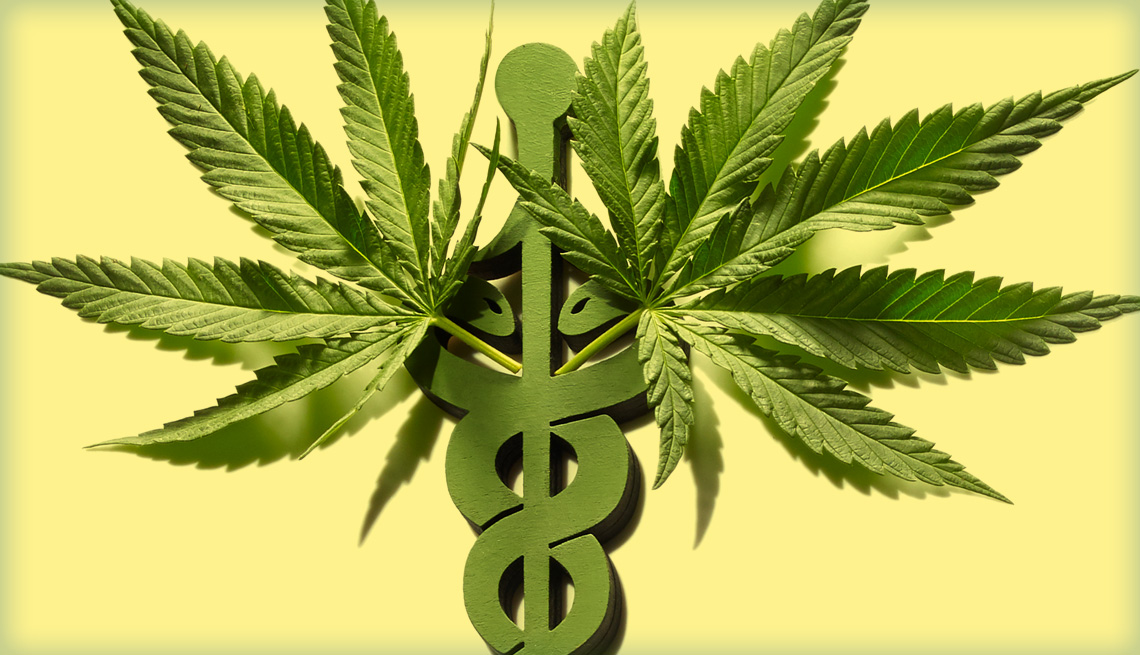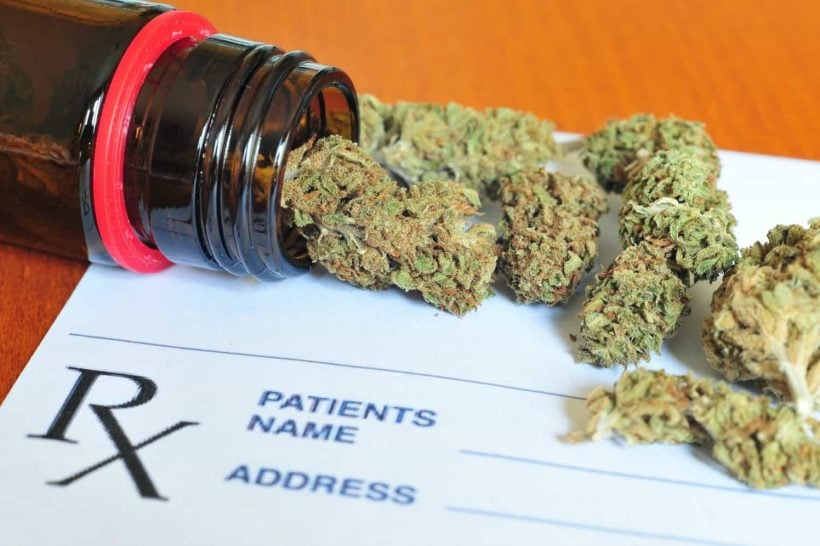Shedding Light on What Medical Marijuana Can Cure: a Thorough Evaluation of Its Therapeutic Properties
In current years, there has actually been an expanding interest in the healing capacity of clinical marijuana. While anecdotal evidence abounds, a detailed assessment of the clinical information relating to the efficiency of clinical cannabis in treating these problems is required.
Persistent Discomfort Administration
Persistent pain management remains a vital facet of treatment, demanding a detailed strategy for efficient treatment. Recently, clinical cannabis has arised as a prospective restorative option for individuals struggling with chronic pain conditions. The endocannabinoid system, which plays a vital role suffering inflection, has actually been targeted by cannabis-based therapies to improve and ease symptoms quality of life for clients.

Furthermore, clinical cannabis offers an appealing choice for individuals who experience excruciating adverse effects from conventional pain drugs. Its capability to resolve discomfort through a various device makes it a useful enhancement to the toolbox of therapies available for persistent discomfort monitoring.
Epilepsy Treatment Possible
Medical marijuana has revealed promising capacity in the therapy of epilepsy, using an unique restorative strategy for taking care of seizures in patients. Epilepsy is a neurological disorder defined by recurring seizures, affecting people of every ages. Typical therapies for epilepsy include antiepileptic medications, yet these medications might not be effective for all individuals and can have considerable negative effects.
Research on using clinical marijuana for epilepsy has exposed encouraging outcomes. Cannabidiol (CBD), a non-psychoactive substance discovered in marijuana, has been particularly highlighted for its anticonvulsant residential properties. Researches have shown that CBD can lower the frequency and seriousness of seizures in people with treatment-resistant forms of epilepsy, such as Dravet syndrome and Lennox-Gastaut disorder.
In Addition, the FDA has approved a CBD-based drug, Epidiolex, for the treatment of seizures connected with these severe kinds of epilepsy. This turning point underscores the expanding acknowledgment of clinical cannabis as a valuable restorative choice for handling epilepsy and supplies hope for clients who have not responded well to traditional therapies.
Nausea Relief Perks
The relief of nausea through the usage of marijuana has actually been significantly recognized for its therapeutic advantages in various medical conditions. Queasiness and throwing up are typical signs and symptoms experienced by patients going through radiation treatment, those with food poisonings, and individuals with persistent discomfort conditions. Clinical marijuana, with its active compounds such as THC and CBD, has revealed pledge in supplying alleviation from nausea.

In addition, medical cannabis provides an all-natural choice for individuals that do not react well to standard anti-nausea medicines or that experience severe negative effects from these drugs. People going through radiation treatment, specifically, have actually reported considerable improvements in their lifestyle when utilizing marijuana to take care of nausea. As research study in this field remains to grow, clinical cannabis is progressively being thought about as an important choice for nausea relief in numerous clinical setups.
Anxiousness Decrease Impacts
Research studies have shown the possibility of marijuana in minimizing stress and anxiety signs see this website with its interaction with the endocannabinoid system. The endocannabinoid system plays a crucial role in controling emotions, including stress and anxiety, by preserving homeostasis in the body. Cannabinoids in marijuana, such as THC and CBD, connect with the endocannabinoid receptors in the mind, especially the CB1 and CB2 receptors, to regulate anxiety-related reactions.

Patients with problems like generalized anxiousness condition (GAD), social anxiousness condition, and trauma (PTSD) might benefit from the anxiolytic buildings of cannabis (Medical Marijuana Doctor Near me). However, more research is required to identify optimum does, distribution techniques, and lasting results on anxiousness administration.
Possible for Inflammation Control
With its known anti-inflammatory buildings, cannabis has actually shown pledge in possibly managing swelling within the body. Swelling is the body's all-natural reaction to injury or infection, however when it comes to be chronic, it can contribute to different conditions such as joint inflammation, inflammatory bowel disease, and even heart illness. Research recommends that the cannabinoids found in cannabis, such as THC and CBD, can aid lower and manage the immune action swelling.
Studies have actually shown that marijuana can engage with the endocannabinoid system, which plays a critical function in controling inflammation. By targeting the cannabinoid receptors, marijuana compounds can modulate the immune reaction, causing a reduction in swelling degrees. This makes cannabis a prospective prospect for managing inflammatory problems where conventional therapies have actually failed.
Additionally, cannabis-derived items like CBD oil have gotten popularity for their anti-inflammatory residential or commercial properties, with many people using them as an all-natural treatment for problems connected with swelling. While even more study is required to fully comprehend the devices behind cannabis's anti-inflammatory results, more info here present findings show appealing results for the possible use clinical marijuana in regulating swelling.
Conclusion
To conclude, medical cannabis has shown promising restorative residential or commercial properties in managing persistent pain, dealing with epilepsy, relieving queasiness, decreasing anxiousness, and managing swelling. Its potential benefits in different clinical problems highlight the value of additional research and exploration right into its medicinal usage. The evidence suggests that clinical cannabis can be an important alternative treatment alternative for patients looking for remedy for an array of signs and conditions.
In current years, he has a good point medical marijuana has emerged as a possible healing choice for people suffering from persistent pain problems.Medical marijuana has shown appealing possibility in the therapy of epilepsy, offering an unique restorative approach for managing seizures in people. As research study in this area continues to grow, clinical cannabis is increasingly being considered as a valuable alternative for queasiness alleviation in numerous clinical settings.
In final thought, clinical marijuana has actually revealed promising therapeutic homes in taking care of persistent pain, treating epilepsy, soothing nausea, minimizing anxiety, and regulating inflammation. The evidence recommends that clinical cannabis can be an important choice treatment alternative for clients seeking relief from a variety of symptoms and problems.